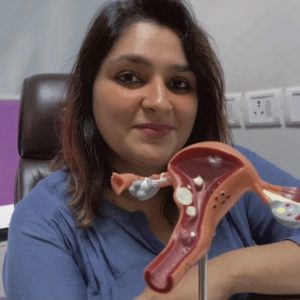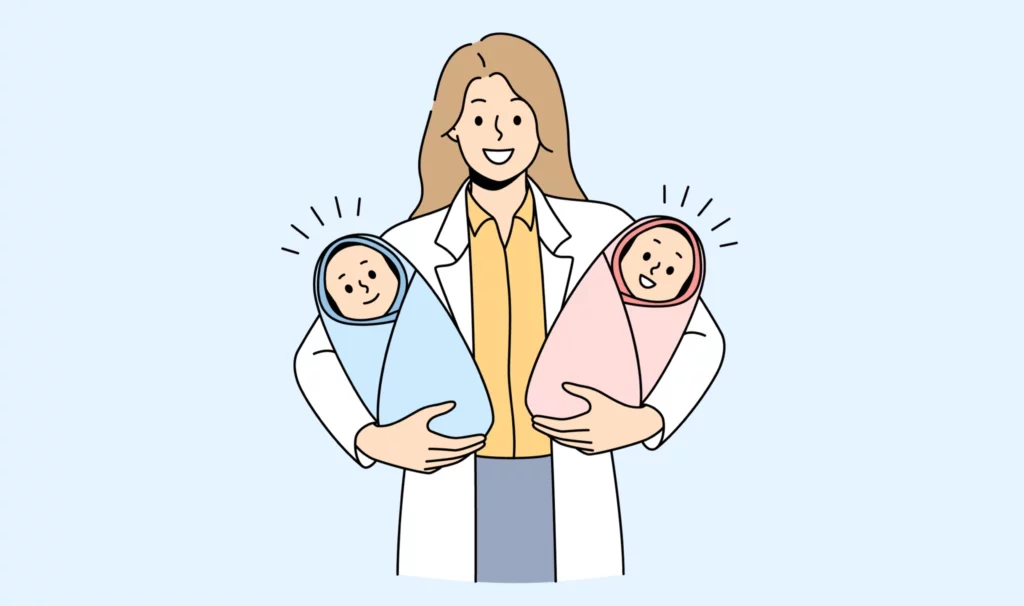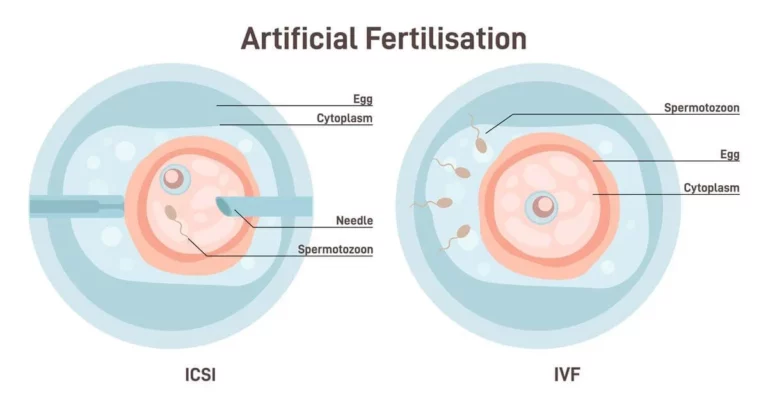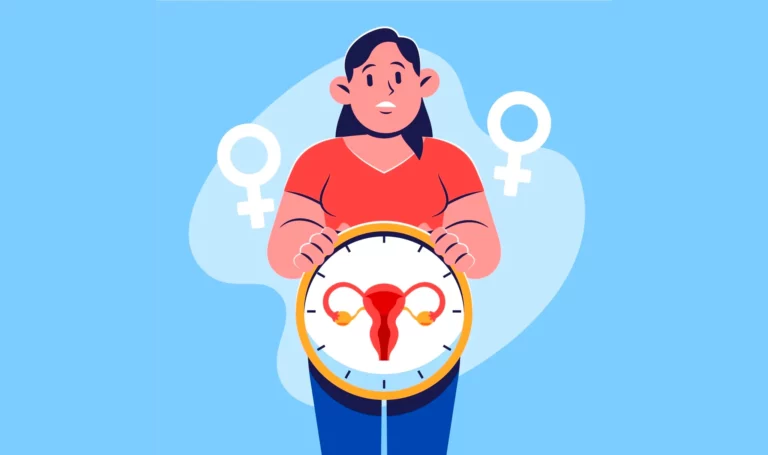What else could be a better feeling than bringing a new life to the world who you could call your own baby? And what else could be more frustrating than putting in your best efforts and still not being able to have a child.
Thanks to the medical advancement that has allowed the doctors to help such hopeless infertility couples have their own child, through assisted reproductive technologies (ARTs) like In-vitro FertilizationIVF. But, everything has its own drawbacks. Talking about IVF, it poses the couple at a risk of having a twin pregnancy.
In this comprehensive article, we will be trying to explain its causes, chances, what if you wish to give birth to twins, complications associated with twin pregnancy, and how you can avoid such a circumstance.
Does IVF Cause Twins?
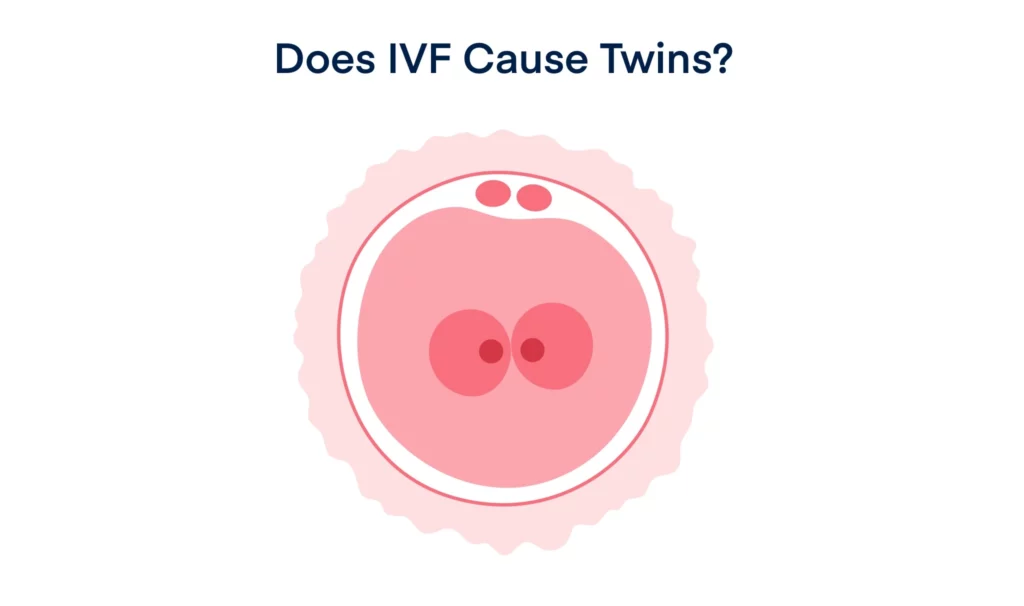
Every medical procedure has its downsides, so has assisted reproductive technologies (ARTs). Though In-vitro Fertilization is considered one of the safest clinical pregnancy treatments, it also has its own downsides.
One such common downside of IVF is the risk of becoming pregnant with multiple babies. In-vitro Fertilization is undoubtedly a blessing for infertile couples all around the world who have been trying to have a child naturally from so long, but could not succeed. The procedure involves collecting and fertilizing the healthiest female eggs with the healthiest male partner’s sperm in a facility, outside the woman’s body. And, then transferring the best incubated embryos (blastocysts) back to the woman’s uterus for implantation.
But, because multiple blastocysts are usually transferred back (to escalate the likelihood of pregnancy), it puts the female at a risk of multiple implantations, often resulting in twins, triplets or quadruplets. However, a single embryo can also split and create two zygotes.
So yes, IVF may cause twins. But what exactly are the chances of a couple having a twin pregnancy?
Chances of Twin Pregnancy in IVF
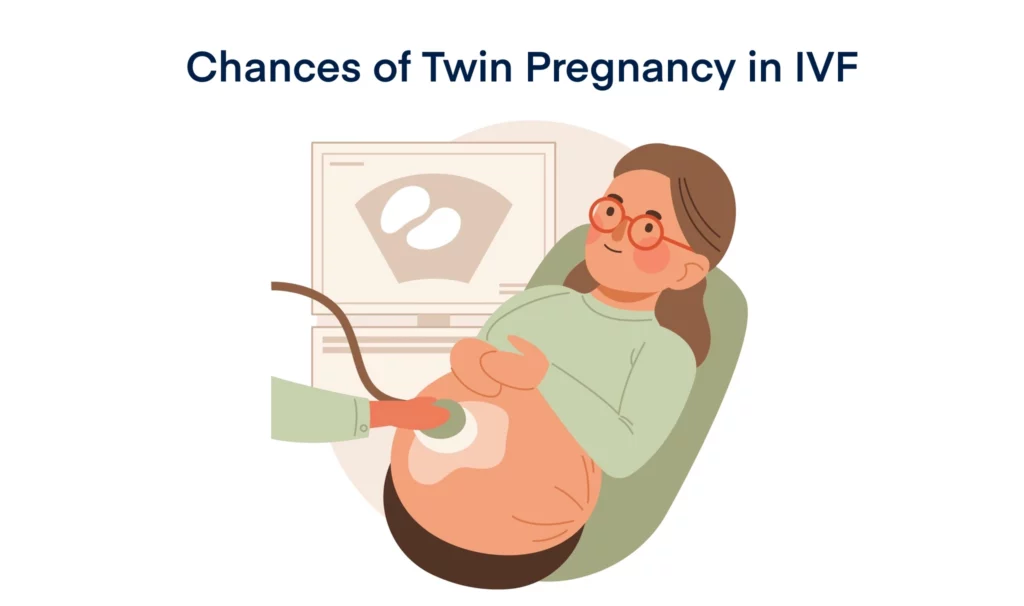
The chances of having a twin pregnancy is more common now than it ever was. According to case studies, the risk of multiple births with the IVF procedure has almost doubled in the past 30-40 years. If we talk about chances of having twins with natural pregnancy, it is as rare as 6%. But, on the other hand, out of all IVF pregnancies, the likelihood of having a twin pregnancy is more than 25%.
It means 1 out of every 5 couples that are undergoing in-vitro fertilization are at a risk of having twins.
This consequence is not simply because of its procedure protocol that requires implantation of multiple embryos (in order to escalate pregnancy chances). Multiple embryo implantation is not the only reason for having a twin pregnancy. Twin pregnancy is also possible with one implanted embryo, that splits and creates two separate zygotes. Such twins are referred to as monozygotic twins. On the other hand, twins that are a result of multiple embryo implantation are called dizygotic twins.
But, what if you find out you are having a twin pregnancy and want to continue with it? Will it be healthy for you and the babies?
What If You Want to Have Twins?
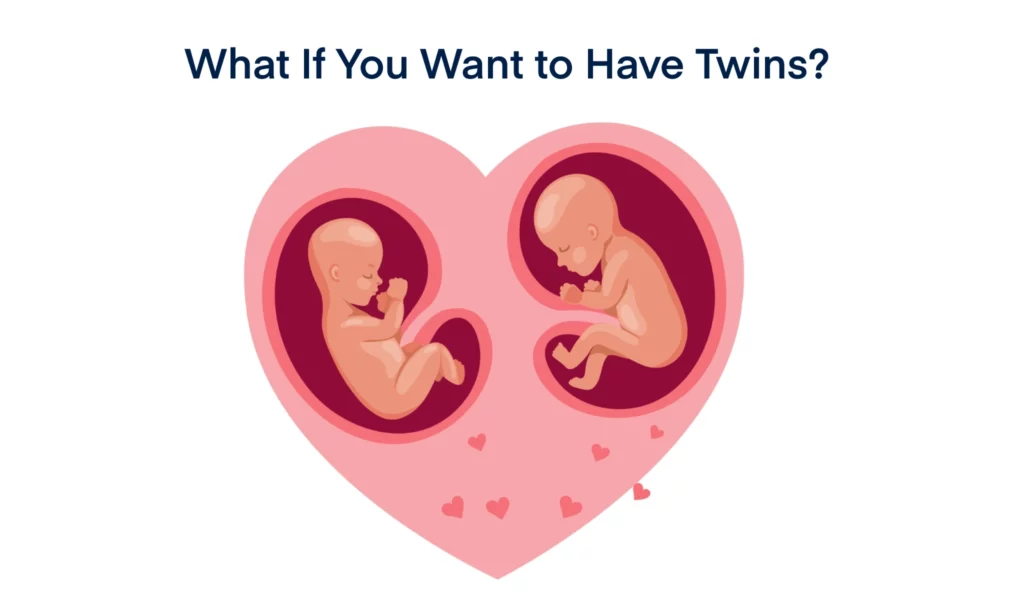
We are having twins! That undoubtedly sounds great, doesn’t it?
Yes it does. You may desire twins for many reasons— it may be related to each IVF cycle cost, female partner’s maternal age, or undergoing the procedure just to have twins.
But hold on! Is it healthy for the mother and the babies? The simple answer is, probably not. Considering the risks involved in having twins, IVF doctors usually recommend couples to not continue with a twin pregnancy.
But, what are these risks or complications?
Complications of Having a Twin Pregnancy
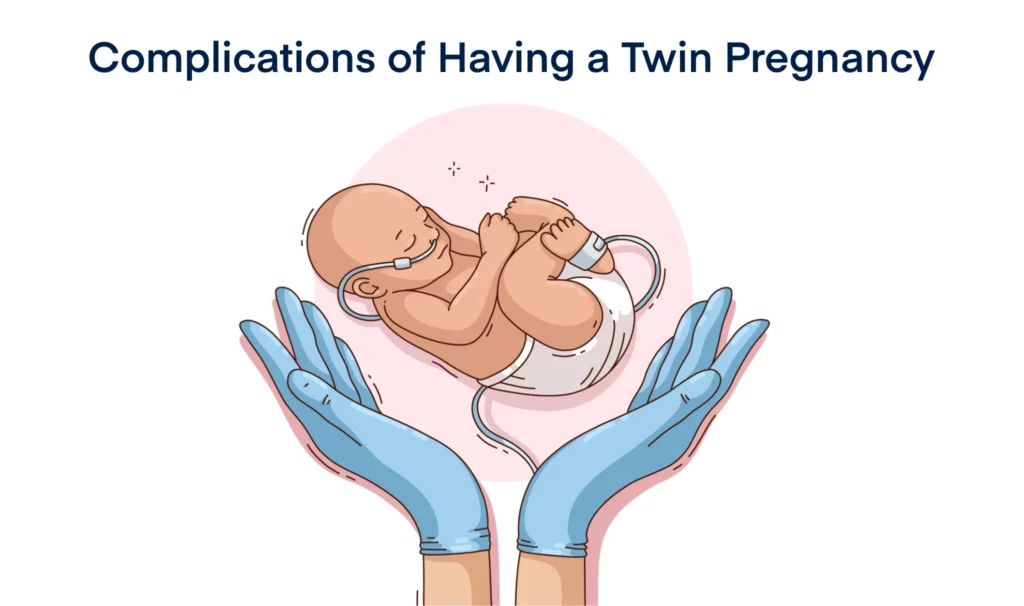
A female’s womb is capable of carrying a single baby and when it is implanted with a twin, triplet or quadruplet, it is quite obvious to trigger some complications to both the mother and the babies. Such IVF multiple birth risks or complications include:
Premature Birth
Research reveals that about 60% of the twins are born premature, out of which 10-15% are born even before 32 weeks of pregnancy. A normal birth takes place in or after the 40th week, 38th week in case of IVF pregnancy. Premature birth brings in several health risks for the child such as lung issues, unregulated body temperatures, and problem in weight gain.
Low Birth Weight
According to the World Health Organization (WHO), the healthy body weight of a newborn baby has to be 2.5 kilograms or more. If the baby’s weight is lower than that, he or she is considered to have low birth weight, which is unhealthy and puts the baby at a risk of heart, vision, hearing, breathing issues. And, in 50% of IVF twin cases, the baby is born with lower than standard body weight.
Birth Defects
Having a twin pregnancy can also pose the child at a risk of having certain birth defects such as heart problems, cleft palate development, down syndrome and spina bifida.
Pre-eclampsia
Pre-eclampsia is a disorder that is characterized by high blood pressure, high amount of protein in urine, and body swelling. Twin pregnancy increases the risk of this condition in pregnant women, triggering serious health concerns for both the mother and babies.
Gestational Diabetes
It is a type of diabetes that occurs in pregnant women. It is very common in women with twin pregnancy. When a woman develops a high blood sugar problem during her pregnancy, it directly affects the health of the babies. Gestational diabetes can cause breathing issues, jaundice, seizures, and feeding problems in the child.
Intrauterine Growth Restriction (IUGR)
IUGR is a condition when one or both the babies in the twin pregnancy does not grow as usual and may become prone to certain health problems.
How to Avoid Twins in IVF?
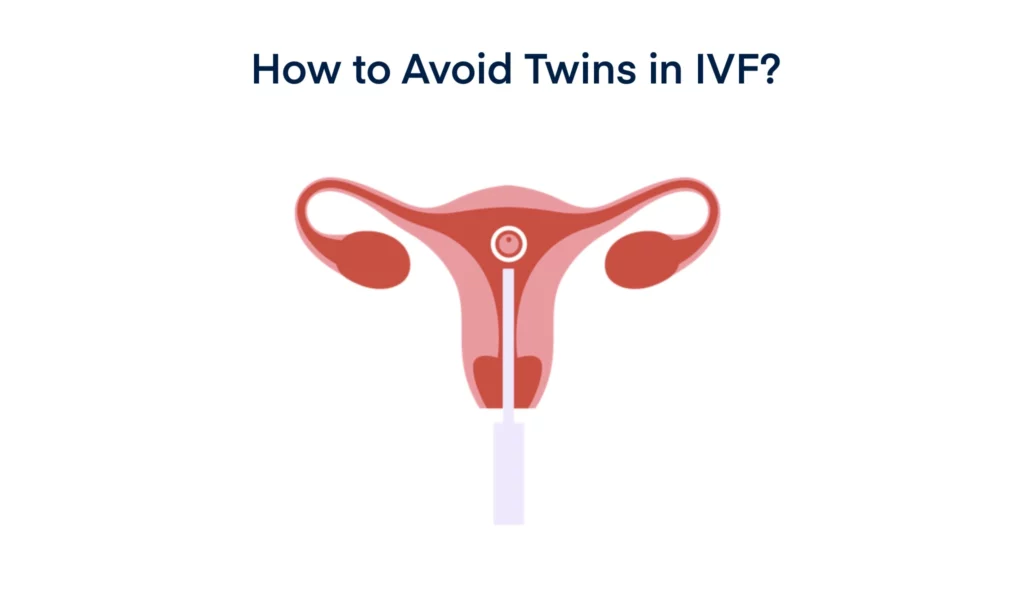
The only possible way to avoid having twins is to have a single embryo implantation at a time. You may think that transferring a single embryo will reduce your chances of having a successful pregnancy, but renowned international organizations such as Society for Assisted Reproductive Technology (SART) and American Society for Reproductive Medicine (ASRM) also recommend single embryo transfer during IVF procedure.
Single embryo transfers have a pretty similar success rate compared to multiple embryo transfers. Any candidate who is:
- In her early or mid 30s
- Ovulate healthy eggs, and
- Have not attempted IVF before
Will be an ideal candidate for single embryo transfer (SET) while securing a good rate of pregnancy success. However, if you are older, have egg quality eggs or have undergone a couple of IVF cycles already, consulting with your fertility doctor is advised. Discuss the complications that you had during your previous IVF cycles and how they can be fixed. Moreover, whether you should consider multiple embryo transfer (MET) or not.
The Bottom Line
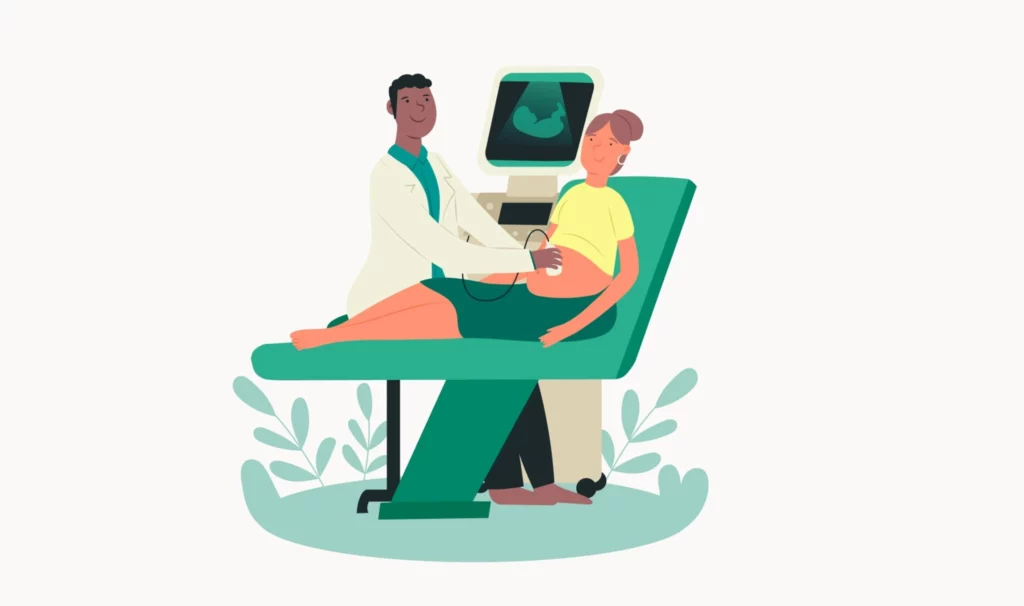
Even if you may want to have twins with your IVF cycle, it comes with several complications to the mother and the babies as well. Doctors do not generally recommend having a twin pregnancy because a female’s womb is designed to carry and sustain a single fetus.
Being pregnant with more than one fetus will obviously lead to certain health issues such as premature birth, low birth weight, pre-eclampsia, gestational diabetes, intrauterine growth restriction (IUGR) and more. So, it is always advised to not continue with an IVF twin pregnancy and only choose single embryo transfer until and unless advised otherwise by your fertility doctor.

